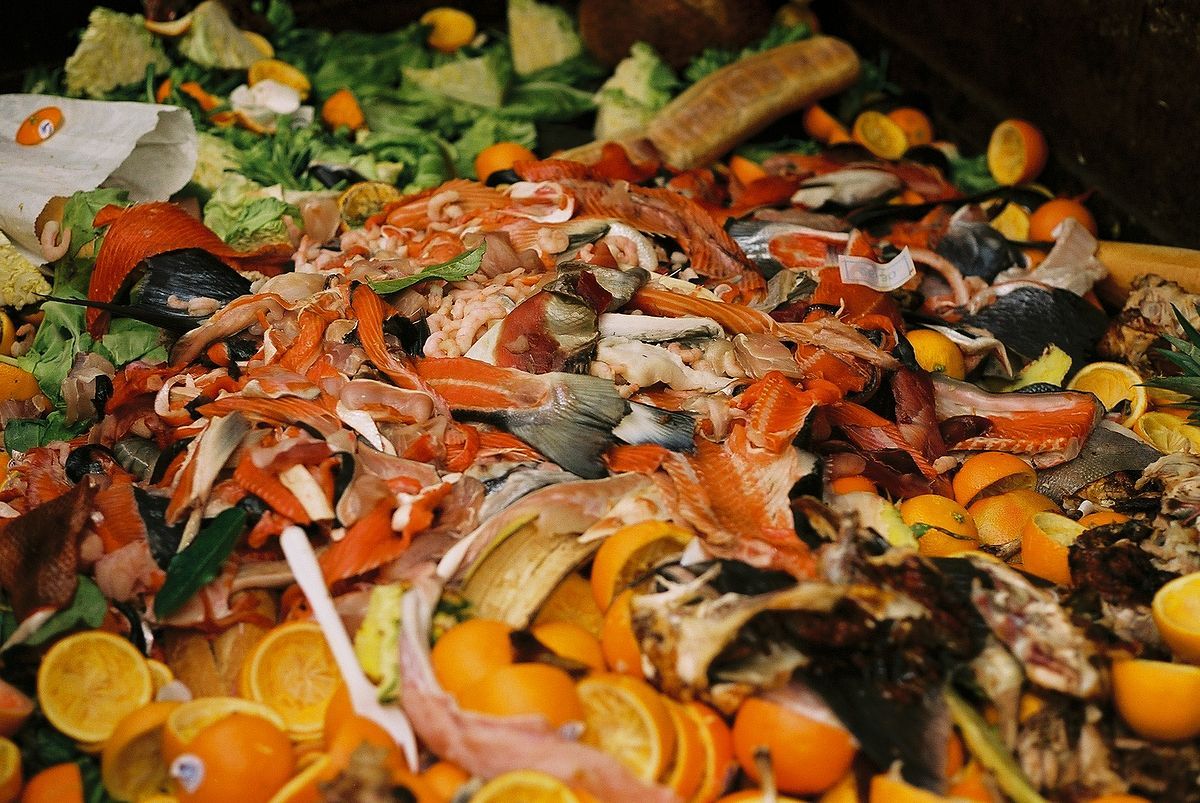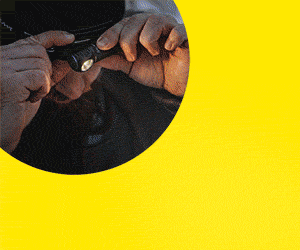1MG FlippingBooks
Food waste to fuel Australia’s first sustainable food city
A new Food Agility CRC project will establish Australia’s first ‘sustainable food city’ south of Brisbane.
The initiative will integrate a digitally-enabled community compost system and a small-scale food production business at a new master-planned community at Yarrabilba, south of Brisbane. It aims to establish a national model for digitally integrated, sustainable urban agriculture and the ‘circular food economy.’
“The world is grappling with a major food challenge: how to make enough healthy food to feed a growing population with less available land while minimising waste and environmental impact,” says Food Agility CEO Dr Mike Briers. “Yarrabilba will be a test ground for how we can embed cutting-edge digital technologies into the design of our cities to create local food systems fuelled by food waste.”
The first stage of the project will see researchers from QUT collaborate with Lendlease to develop a prototype digital composting system for sustainable local food production. By using sensors to track when food waste is added to compost, composters can earn credits and swap them for local goods and services.
The second stage will involve establishing a digitally-enabled produce garden fed by the community compost system alongside a local food market.
“We’re looking at environmental sustainability and community health in a whole new way and building the necessary infrastructure from the beginning,” says Yarrabilba Development Director Michelle Wooldridge. “We also think this will generate economic opportunities, whether that’s through urban farming, creating value out of waste or food-based tourism.”
This ‘circular economy’ approach represents a new way of dealing with the growing problem of food waste.
“In a circular economy, waste is put back in the system to create value,” says QUT food and agricultural sociologist Dr Carol Richards. “In this case, we are using food waste to grow more food and create a valuable resource for the community. Working with residents to co-design their own sustainable food city is a key aspect of this project.”
Researchers from QUT’s Institute for Future Environments are also currently working on a range of projects related to the circular economy and considering how this approach might reduce the growing levels of food, plastic and textile waste globally.
You can learn more about the Yarrabilba project here.















